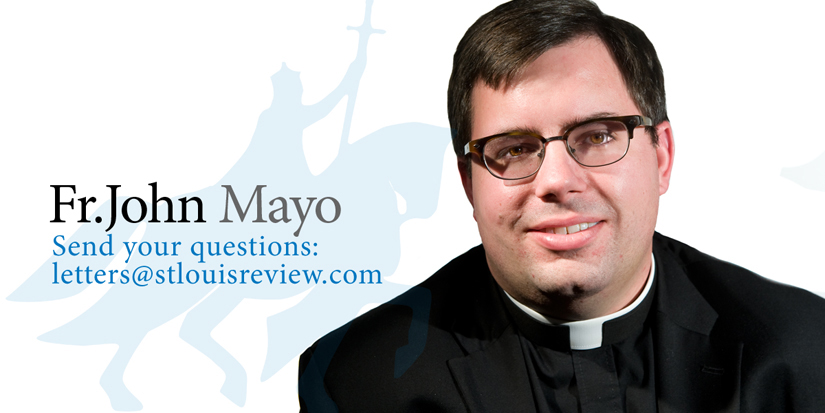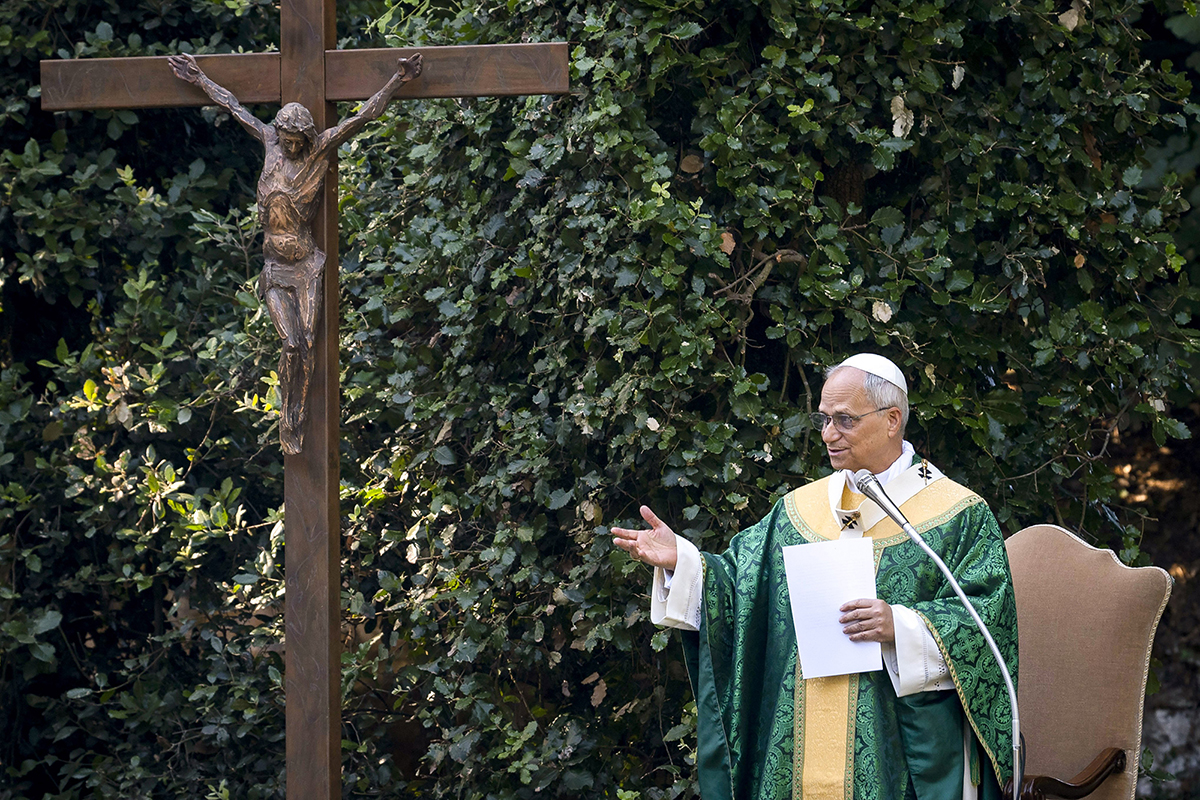DEAR FATHER | We must commit ourselves to prayer for loved ones who have died
I am concerned my loved one is in purgatory. Is there anything I can do to help?

Thank you for asking this difficult question. It’s a question that I believe is on the hearts of many after a funeral. Unfortunately, it isn’t brought up very often. After all, we don’t want to say or think anything negative about our loved one, nor do we want to doubt the power of God’s merciful love.
Bring this concern now forward in your mind. As you first confront it, how do you feel about it? While not as comforting as the thought of them being in heaven, it shouldn’t be overly dispiriting either. They have seen the Lord and have been assured that one day soon they will join Him forever in heaven. This thought should bring comfort and peace, but it should also challenge and call us to action.
The best thing we can do for our loved ones is to pray for them. Our prayers for them will shorten and speed their journey through purgatory. Such a practice truly professes that love endures beyond the grave.
A great form of prayer to offer for the deceased is to have a Mass offered for his or her soul. Remembering the soul of someone through the Mass is something the Church realized from her beginning was a good and worthy practice and has consistently held to this devotion. Since the Mass is also the most perfect and powerful prayer we have, this prayer can greatly help our loved one in purgatory.
There are also daily prayers to remember those who have died. These may be more formal prayers, such as the Rosary, Stations of the Cross, or a novena for our loved one. They may also be more personal prayers, such as offering one’s reception of Holy Communion or a prayer from our heart. These prayers are a great help for one who has died.
But when do we stop praying for them? How will we know when they have entered heaven? Will our prayers be “wasted” if we keep praying for them?
Certainly not! God hears all of our prayers, even for those who have entered into heavenly glory. God may take our continued prayers for them to help another in our family who needs it or another soul altogether. Another view on this topic, according to St. Thomas Aquinas, is that our loved ones may grow in what is called accidental glory. Such glory will bring a soul closer to God and to the saints in glory. What a great gift to give to them — a closer place to God.
This column appeared in a previous edition of the Review.
Father Mayo is pastor of St. Raphael Parish in St. Louis.




